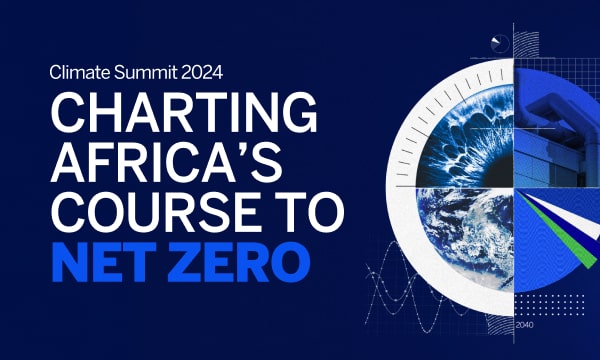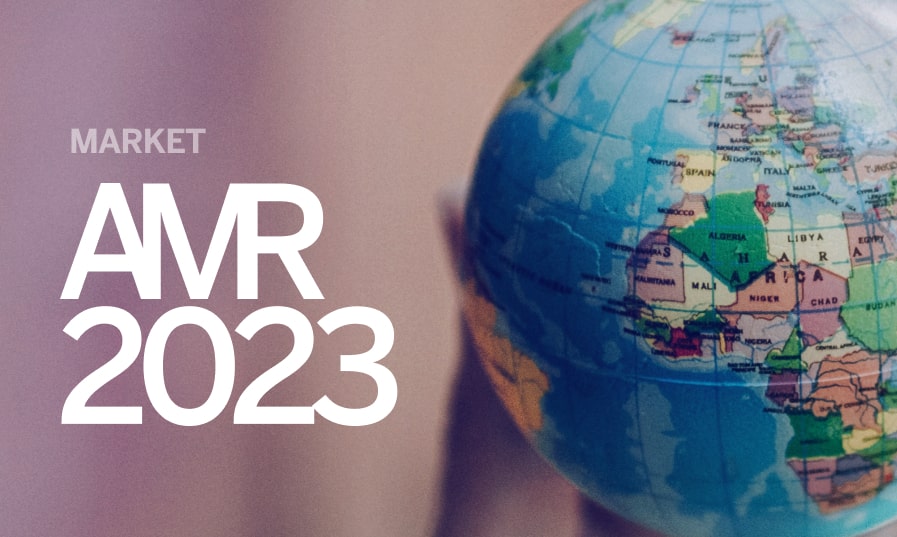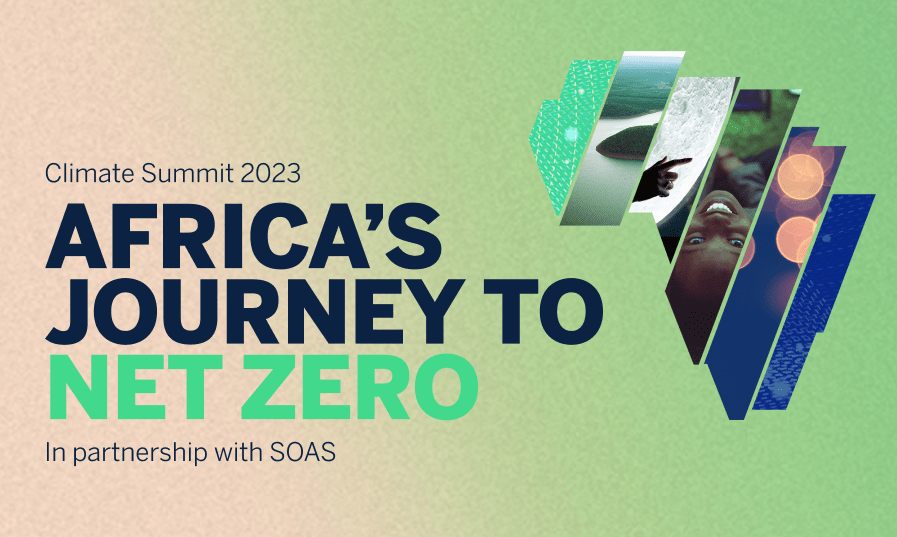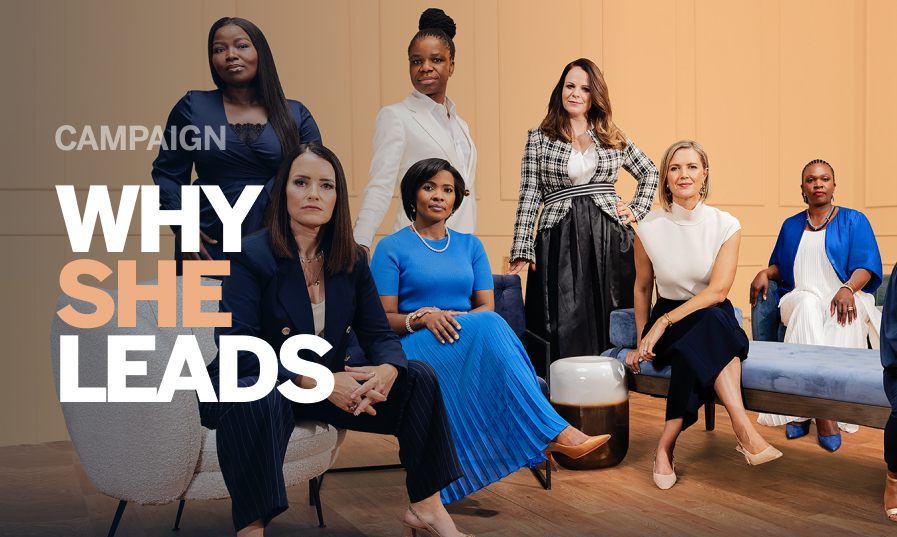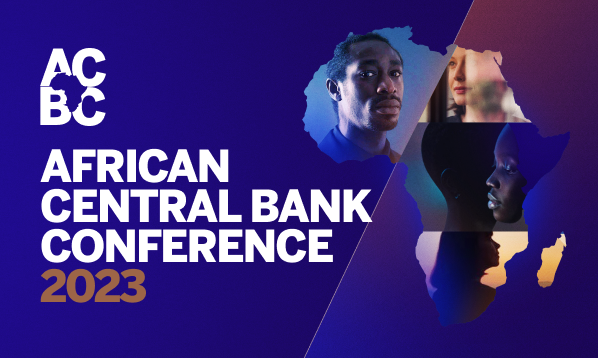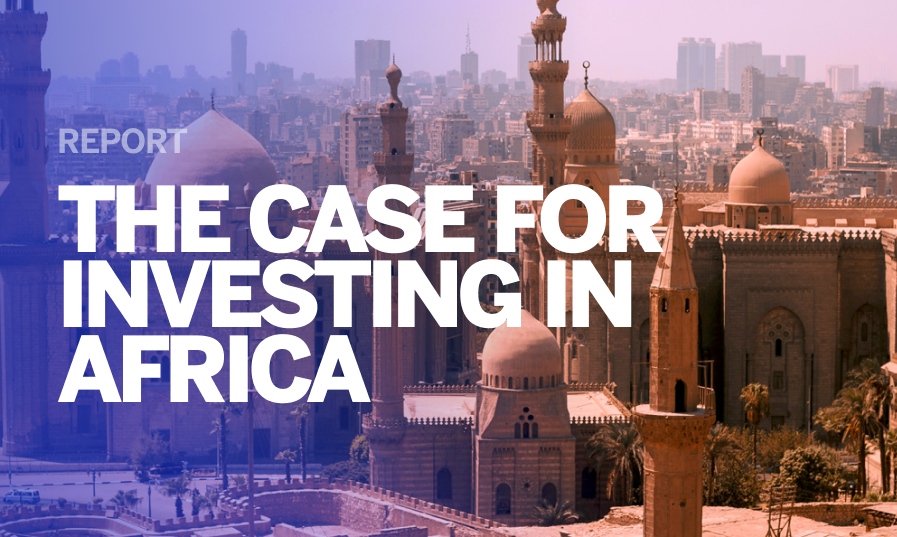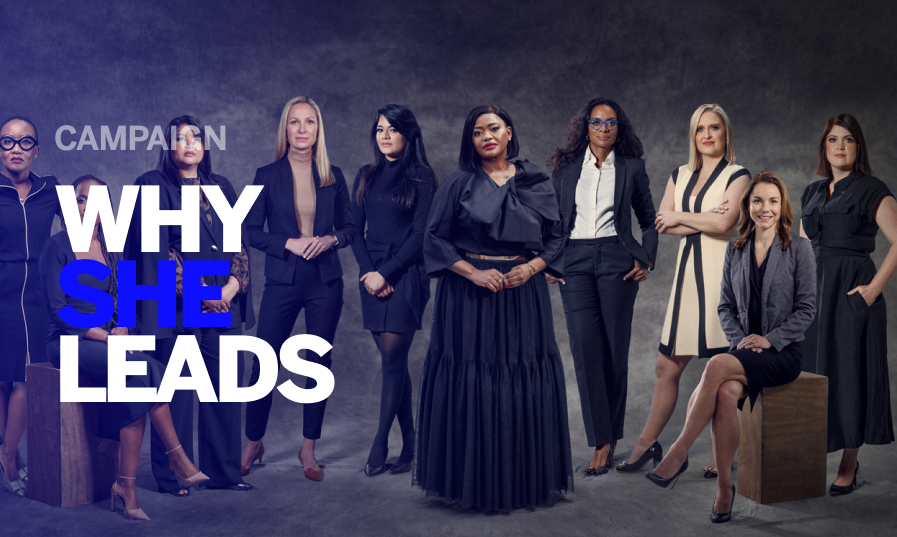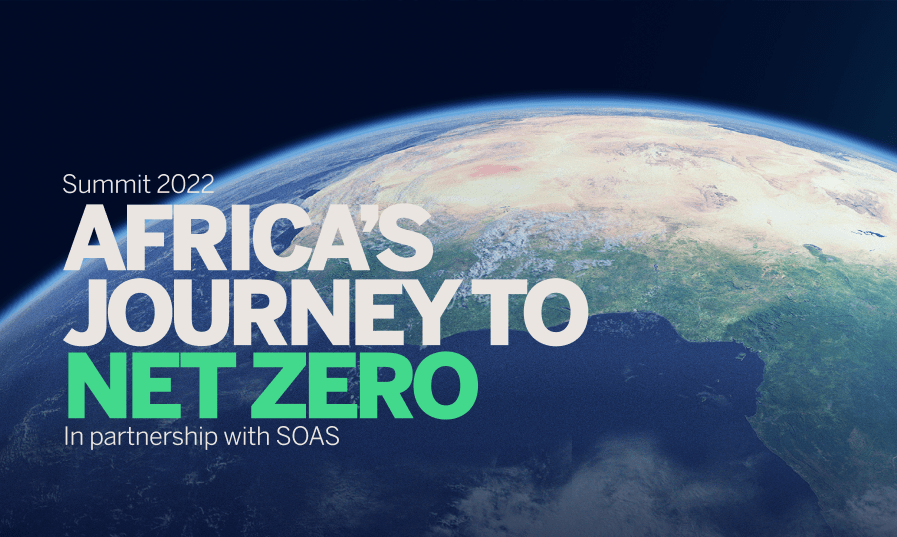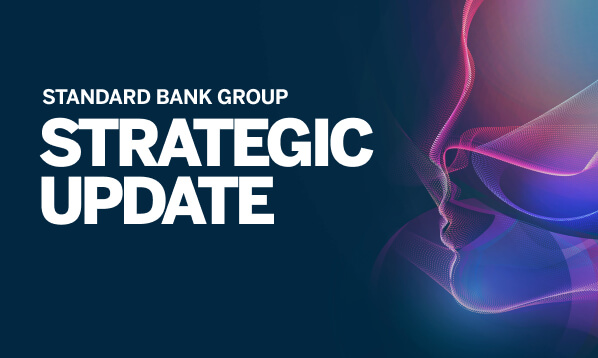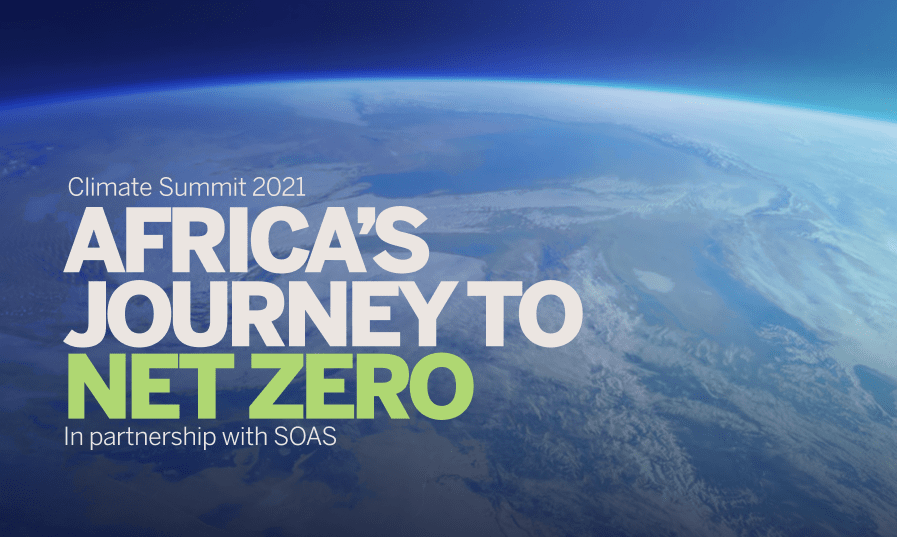The African Women Impact Fund is a women empowerment initiative aimed at growing the number of women-led fund management businesses in Africa, challenging the male-dominated landscape that currently exists on the continent. Bill Lumley talks to Lindeka Dzedze, executive head strategic partnerships, Global Markets at Standard Bank Group in Johannesburg and finds her fervently committed to the cause: enabling far more women to occupy the fund management space and their roles in business, to the benefit of all.
Women make up over 50% of Africa’s population, yet only 1.5% of funds raised by African startups between 2019 and 2023 were allocated to businesses led by women, according to a report published by TechCabal Insights. Four years ago, the African Women Impact Fund (AWIF) set an ambitious target to change this. It wants to raise $1bn in the next ten years that will be allocated to women asset managers in the African continent who in turn invest in high impact and underserved sectors, most of which feature women-led businesses.
The Fund, launched by the Standard Bank Group along with its partners MiDA Advisors and RisCura Invest, has the backing of some of the world’s most powerful organisations. It has collaborated with UN Economic Commission for Africa (ECA), UN Women, the office of the special envoy on women, peace and security of the African Union Commission (AUC), and the African Women Leaders Network (AWLN).
Why does Africa need more female fund managers? Bridging the gender divide could potentially increase Africa’s GDP by an estimated 10% by 2025, according to a recent McKenzie study. Research by the International Finance Corporation (IFC), also showed a direct correlation between diverse management teams and better fund performance.
Lindeka Dzedze of Standard Bank notes that gender bias and other structural forms of inequality in Africa’s financial sector remains a significant hurdle. “Women in fund management play a crucial role in driving the inclusion of women in the financial services industry. Women fund managers bring diverse perspectives, which in turn lead to better decision-making and improved performance. Therefore, we must address these issues and dismantle the obstacles preventing progress,” she adds.
She argues that history has proven that women can find solutions to seemingly unsolvable challenges. Despite facing challenges such as gender pay gaps and limited access to finance, they dominate Africa’s SME landscape, significantly contributing to job creation and economic growth, “so it doesn’t make sense for women to be massively under-represented in the fund management space,” says Dzedze.
The African Women Leaders Network (AWLN) is a ground-breaking movement of African women leaders. It is led by African women leaders, including the first woman president of the Republic of Liberia, Ellen Johnson Sirleaf; president of the Federal Republic of Ethiopia Sahle-Work Zewde; and deputy secretary-general of the United Nations, Amina J. Mohammed.
This unique partnership s of AWIF’s financing pillar stands out as a rare example of government bodies and private institutions, including Standard Bank and several other key players, coming together with a common and ambitious objective: to create a sustainable platform that supports and grows female run enterprises. This collective effort aims not only to fund women-led ventures but also to address systemic challenges and create a conducive environment for these businesses to thrive.
Key figures such as Vera Songwe, former executive secretary of the United Nations Economic Commission for Africa and Bineta Diop, AU special envoy on women, peace and security, convener of the African Women Leadership Network and a Time magazine person of the year, have been instrumental in this initiative.
AWIF’s journey in building sustainable business for women in Africa Dzedze says another reason why Standard Bank wanted to be involved in AWIF is because women fund managers are more attuned to the gender dynamics within the industry. “As a woman in a leadership position at Standard Bank, I am particularly mindful when I enter a room and notice the lack of female representation at decision-making tables,” she says. “This awareness drives me to ensure that a wide net is cast when considering candidates for roles, emphasising diversity across gender, race, and other factors.” Diversity is crucial not only for performance, she stresses, but also for fostering a more inclusive environment. “This intentionality and deliberateness are essential in creating opportunities for women,” she says.
According to a 2022 report by the African Private Equity and Venture Capital Association (AVCA), Raising the Bar: Executive Representation and Fundraising Disparities in African Private Equity and Venture Capital, only 12% of senior general partners in Sub-Saharan Africa are women. Globally, this figure is even lower at 11%. Between 2019 and 2023, only 1.5% of funds raised by African startups were allocated to women-led businesses. “These statistics highlight the significant barriers that still exist for women in finance,” she says.
In investment decision-making, women fund managers tend to pay closer attention to diversity within the management teams of companies. This focus on gender diversity often leads to investments in women-led businesses, even if it is not an explicit mandate. This inherent bias towards supporting other women can have a profound impact on the industry, making AWIF’s journey to its goal that much more of a challenge. “The challenge is bigger than just us or one institution. We set the ambitious target for a reason: institutions across Africa share the same ambitious goal,” Dzedze says.
The initiative is certainly not about diversity for diversity’s sake. “Women bring invaluable perspectives and capabilities to the table. My own career success is a testament to the fact that women in finance are capable and results driven. Often, societal biases and historical exclusion have prevented many talented women from participating fully in the financial sector,” she adds.
Women in the financial sector face unique challenges
Women in the financial sector, particularly in Africa, face unique challenges. One major issue is the credit gap, with women entrepreneurs across the continent facing a staggering $42bn shortfall in financing, especially in agriculture. This sector is crucial for food security, yet women farmers struggle to access necessary funding.
Additionally, women fund managers often start small and lack the extensive track records of their male counterparts. The operational infrastructure required to manage funds effectively is another significant hurdle. Fundraising is a bruising process, and without sufficient support, many women-led businesses do not survive.
Initiatives such as AWIF are crucial in addressing these challenges. “It provides comprehensive support to women fund managers, including working capital, technical assistance, and environmental, social, and governance (ESG) practices. This holistic approach ensures that women-led businesses have the resources they need to succeed,” she says.
A notable feature of this collaboration is the Manager Development Programme, designed to build a critical mass of support for women who are not yet fully established in their industries. This emphasises the importance of choosing the right partners, such as global investment firm RisCura Invest, which has a broad and deep understanding of African markets and is committed to finding and nurturing women fund managers through hands-on engagement.
A vision for the future in Manager Development Programme
The Manager Development Programme is run under the AWIF Foundation, which has awarded a grant of $60,000 to Altree Capital to make initial investments in their portfolio companies.
Altree Capital, investing with a gender-lens and climate-smart approach in sub-Saharan Africa, focuses on five investment pillars: women entrepreneurs, women in leadership (ensuring businesses have at least 30% women in management or board positions), employers of women (supporting companies with over 30% female employees), and products & services benefiting women (investing in businesses that improve the lives of women) and women in the supply chain.
The collective effort of various stakeholders, driven by a shared mission, aims to create a sustainable and inclusive economic environment. Women fund managers are essential in driving the inclusion of women in the financial services industry. Their intentional efforts to promote diversity, coupled with initiatives like AWIF, are helping to dismantle structural biases and create a more inclusive environment. By addressing the entire ecosystem, from working capital to regulatory compliance, these initiatives ensure that women-led businesses can thrive and contribute to Africa’s growth agenda.



